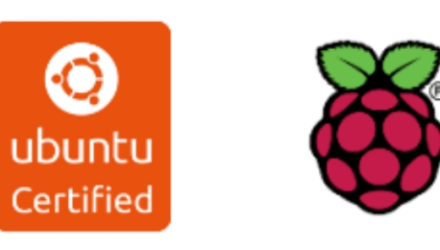This is really a ZFS question more than anything. I am toying with the idea of building a new and improved NAS for home use, using something like the n5105 topton board. Leaving aside the issue of whether you like these boards or not, I am wondering am I better off with a slightly slower CPU like the J6413, which can handle more max memory (i.e., up to 32 gb according to Intel) or a slightly faster CPU that has a lower max memory limitation like the N5105 or the N6005 (both of which max out at 16gb according to intel). Amazon seems to have both a J6413 board with six SATA ports and intel 2 Intel 226-V NICs, as well as a N6005 board with six SATA ports and 4 intel 226-V NICs. I am leaning toward the J6413 board, simply because it can support more memory, and I suspect that ZFS would be happier with the extra memory.
My requirements are admittedly fuzzy. I have a NAS today based on a raspberry pi 4 and barely use a half of terabyte of space. But I want to build out my Proxmox server to include plex, radarr, sonarr, etc. so I can see my storage requirements increasing. I also don't necessarily want to leave my Proxmox server on 24x7 (its an old HP Z640) and may look to run plex on the new NAS. But as of right now I don't do any video editing or anything fancy. Most of the stuff on my raspberry Pi NAS is old family photos, home videos, some documents, and stuff for my wife's food blog. I also don't need 100% uptime, but am thinking about using ZFS to do a drive mirror and/or raid z1. Everything is backed up every 4 hours to a second disk on site using Rsync and then a third copy is backed up to the cloud daily using Rclone.
My requirements are admittedly fuzzy. I have a NAS today based on a raspberry pi 4 and barely use a half of terabyte of space. But I want to build out my Proxmox server to include plex, radarr, sonarr, etc. so I can see my storage requirements increasing. I also don't necessarily want to leave my Proxmox server on 24x7 (its an old HP Z640) and may look to run plex on the new NAS. But as of right now I don't do any video editing or anything fancy. Most of the stuff on my raspberry Pi NAS is old family photos, home videos, some documents, and stuff for my wife's food blog. I also don't need 100% uptime, but am thinking about using ZFS to do a drive mirror and/or raid z1. Everything is backed up every 4 hours to a second disk on site using Rsync and then a third copy is backed up to the cloud daily using Rclone.


